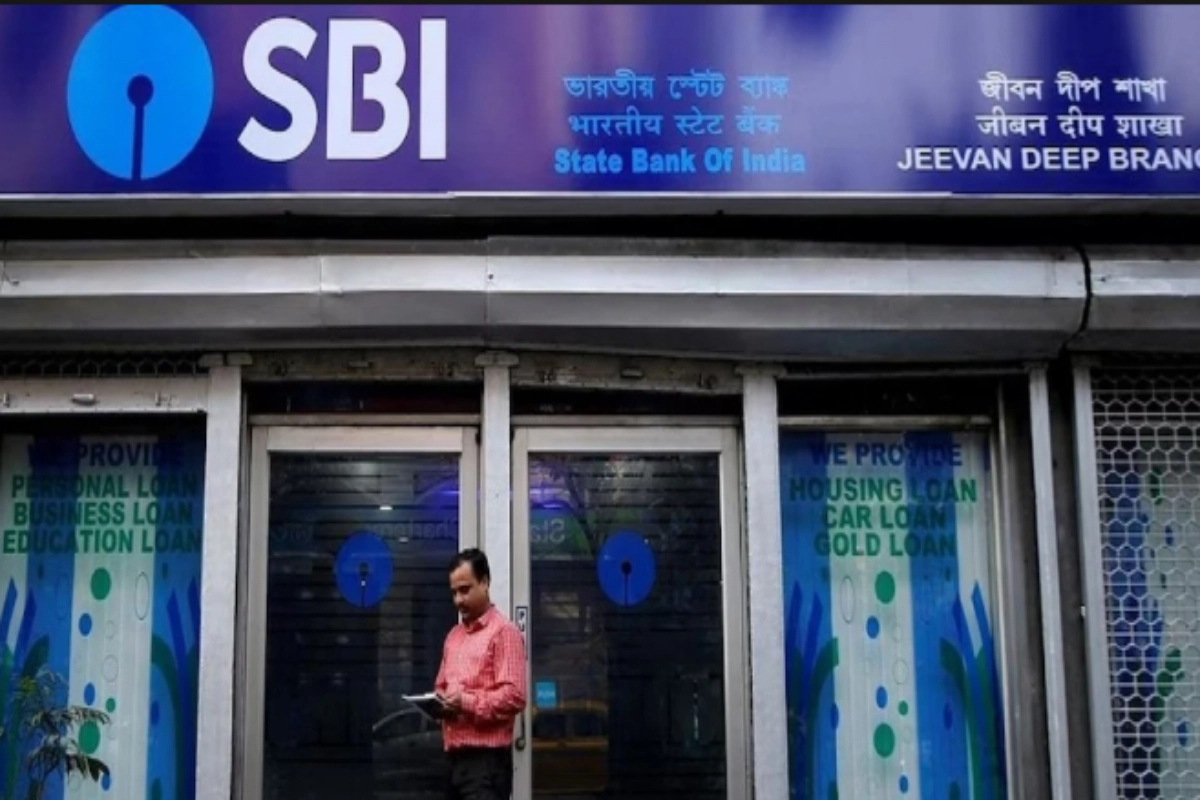SBI Scheme: Generally speaking, one’s capacity to accept investing risk declines with age. No typical investor wants to incur any form of financial risk after retirement. While it’s true that taking financial risks becomes unfeasible as one ages, there are still ways to make money with money.
Financial Options for Senior Adults
For senior adults seeking a fixed and guaranteed income, there are numerous bank accounts and government programmes available. The State Bank of India’s Senior Citizen Term Deposit Scheme is one of them (SBI). From a long-term standpoint, investing in SBI’s Senior Citizen FD scheme is a preferable choice if you recently retired and have a sizeable amount of money.
Flexible Maturities for Senior Investors
The SBI website states that elderly people can make deposits into the bank’s fixed-rate savings account (FD) plan with maturities ranging from seven days to ten years. Seniors typically receive 0.50% (half a percent) higher interest on fixed deposits than do other clients. Seniors, however, receive 1% extra interest on FDs with terms ranging from five to ten years.
DON'T MISS
On the SBI website, normal consumers can obtain 6.5 percent annual interest on FDs with terms ranging from 5 to 10 years, while senior citizens can get 7.5 percent annual interest from the bank. Actually, under the SBI We-care deposit scheme, senior folks receive an extra 0.5 percent premium interest on FDs with terms of five to ten years.
Illustrative Investment Scenario
Let’s say a senior citizen deposits ten lakhs in a lump payment into an SBI 10-year maturity programme. The investor will get a total of Rs 21,02,349 at maturity at an interest rate of 7.5 percent annually, based on the SBI FD Calculator. This would have a fixed interest income of Rs 11,02,349 per annum.
Let us inform you that, starting of December 27, 2023, SBI will be raising interest rates on deposits under Rs 2 crore by 0.25 percent. In addition to raising the cost of loans on behalf of banks, interest rates on deposits are also rising.
Security of Bank Term and Fixed Deposits
Bank term and fixed deposits are regarded as secure. For investors who are risk averse, this is a smart alternative. On a five-year tax-saving FD, section 80C offers a tax exemption. On the other hand, interest received on FD is taxed. FD schemes are subject to Tax Deduction at Source (TDS) under the Income Tax Rules (IT Rules).
In other words, the money you get when your FD matures will be deemed as your income, and you will be required to pay tax at the applicable slab rate. The depositor may file Form 15G/15H to be exempt from tax deduction in accordance with IT regulations.
Keep watching our YouTube Channel ‘DNP INDIA’. Also, please subscribe and follow us on FACEBOOK, INSTAGRAM, and TWITTER
